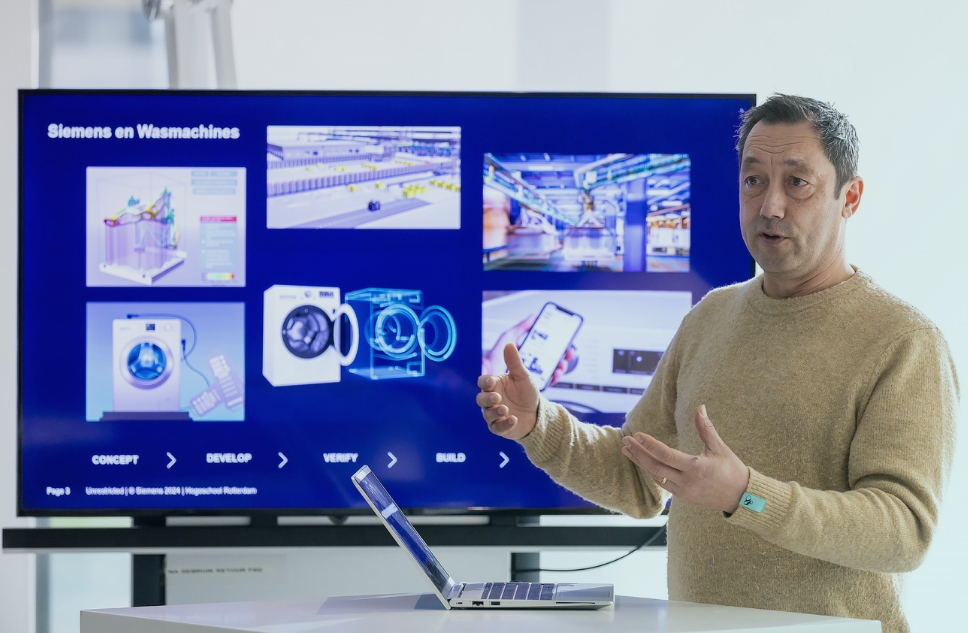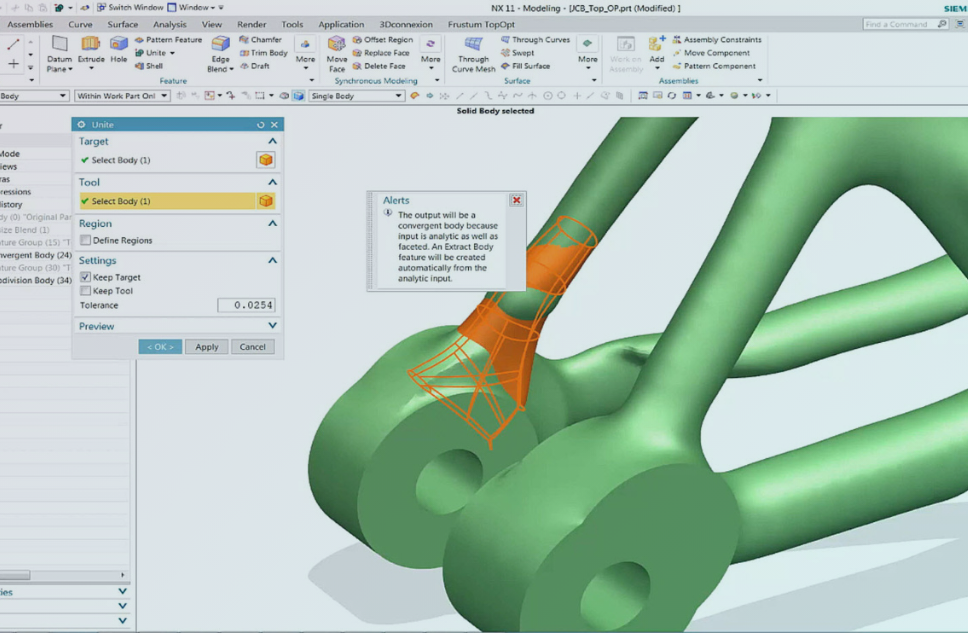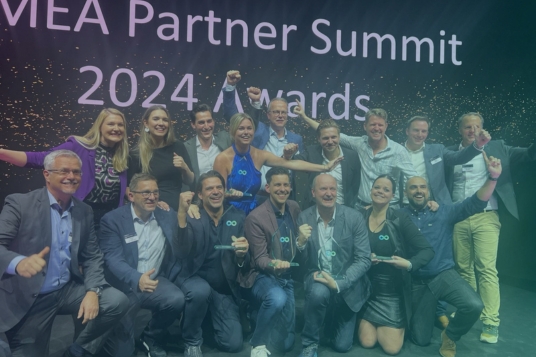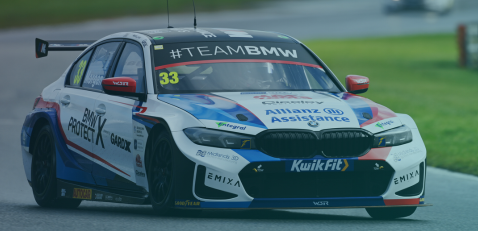Technical Business Students Dive into the Digital World at Siemens
Last edited on Apr, 05 2024 11:33:47 AM
Reading time: 4 minutes
Written by Dennis Lieffering
Table of contents

Question from Daniel: “What do you think Siemens produces?”
Answer from students: “Washing machines.”
On Friday, 15 March, this question was introduced by Daniel Kofman (Siemens) and had a dual purpose. Fortunately, there were multiple answers, but the fact that Siemens is more than producing consumer goods was also the starting point of this meeting, to challenge students to think about the Digital Enterprise.
The day was divided into two parts: a morning and afternoon session where a total of 90 second-year Technical Business Administration students from Rotterdam University of Applied Sciences were invited to the Siemens head office in The Hague.
They were treated to a tour of the impressive Digital Experience Center (DEX) and additional presentations from specialists who, with their feet firmly in the digital clay, shared practical experience using Use Cases about the importance of data, Digital Twins, and the emergence of new Business Models through smart use of data and new technological developments.
Nick Kiran's (Siemens) tour of the DEX was the starting point for the students, with clear examples of what a Digital Twin is and how data plays an increasingly important role in the development of new Business Models and optimisation of existing production processes. This is achieved through the correct interpretation of data with seemingly small changes that have a huge impact on the margins of a product, with benefits for both producer and consumer. There were also other great examples of how digitalisation makes it possible to offer personalised products that greatly stimulate sales, while the content of the product remains the same.
In the next item on the agenda, 'Digital Twin and Tecnomatix Plant Simulation, transparency in processes', Sven Rademaker of Emixa Industry Solutions delved deeper into what a Digital Twin is, what you need for it, to use this data for the next step such as optimising a production or logistics process through the use of simulation. With this, Sven set the stage for colleague Jesse de Heij, who provided insight with realised examples at clients into what the initial situation was and how, with tools like Tecnomatix, the project with statistical data and visualised animations provides insight into these complex processes, understandable both by the production manager and the CEO.
Eduard Smits, from Accenture, was in the adjacent room concluding on the challenges of data within companies, but with compliance with regulations and societal dilemmas that play a role in the balance of producing more and more efficiently, and how to map this out. From products such as lollipops with simple ingredients, whose production process seems very simple but is difficult to scale, to meeting CO2 standards of produced complex machines, many examples were discussed and formed the basis for interesting discussions in which teachers also liked to participate.
Conclusion: During the post-talk with students, it appears that there is a need for this knowledge sharing by specialists from the field, especially about what exactly is happening in the current market in preparation for their internship assignments and where it is heading. They also see the importance of high-quality data and its value, and the impact of new technological developments on their future profession. One thing is certain, there is a great responsibility for this generation of future technical business administrators.
With our commitment at Emixa for this group of students, we aim to find internships for them at our clients with interesting assignments. If you are a student interested or an entrepreneur with a great project you want to involve students in, get in touch, leave a message and ask about the possibilities.
Would you like to join us next time?
Together with our partners, we organize more events in knowledge sharing. Interested?
Last edited on Apr, 05 2024 11:33:47 AM
Reading time: 4 minutes
Written by Dennis Lieffering
Also see..
OverviewReap all the Benefits of Additive Manufacturing
Companies are challenged every day by their customers with requests for more complex products, in...
Read more ⟶Emixa's Remarkable Success at Siemens EMEA Partner Summit: Leading the Charge in Digital Transformation
At the heart of the industrial world's digital transformation, the Siemens EMEA Partner Summit is a...
Read more ⟶Emixa and WSR continue technical partnership for BTCC 2024
The partnership leverages Emixa's expertise in Siemens Digital Industries Software to enhance...
Read more ⟶

